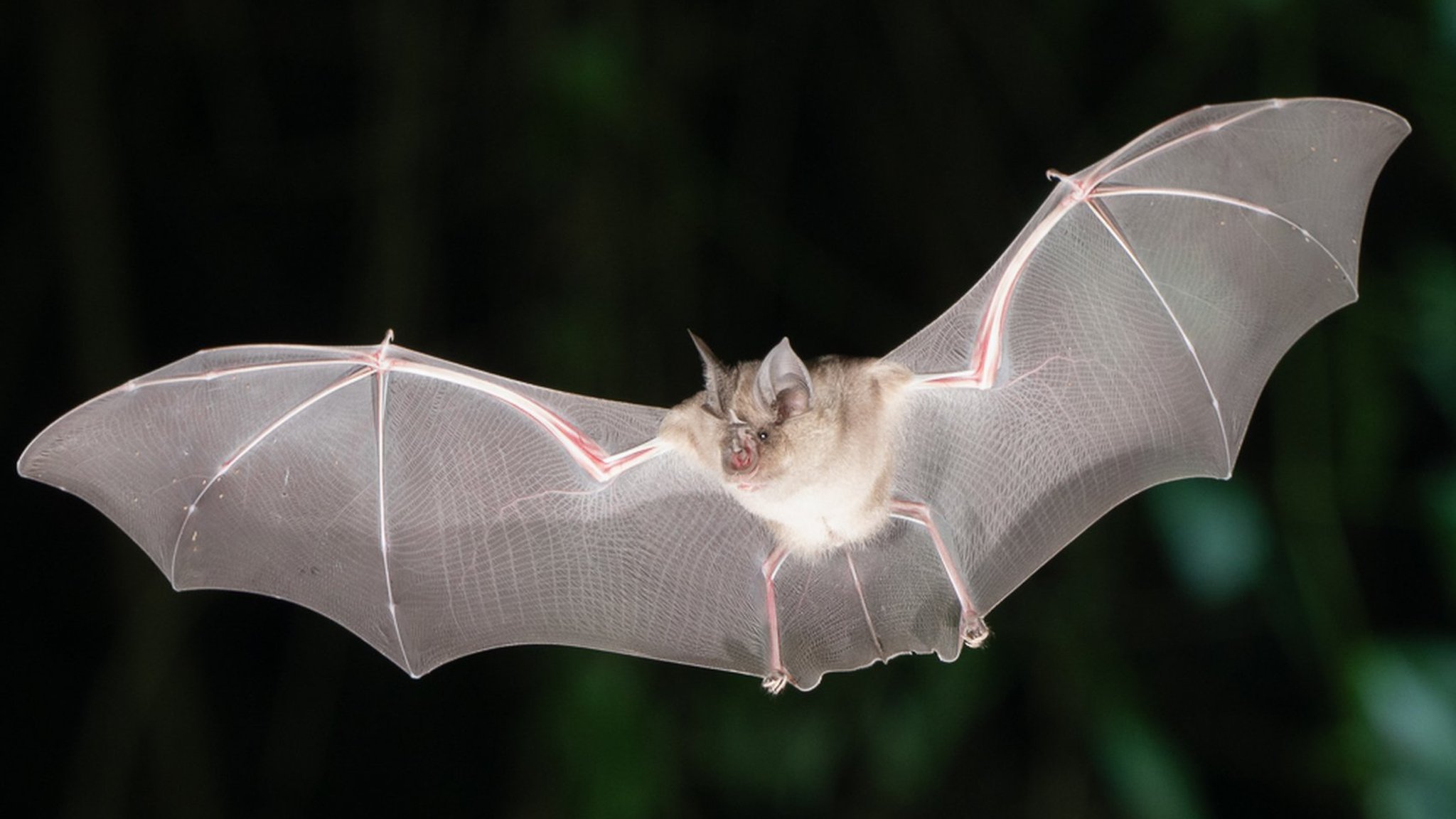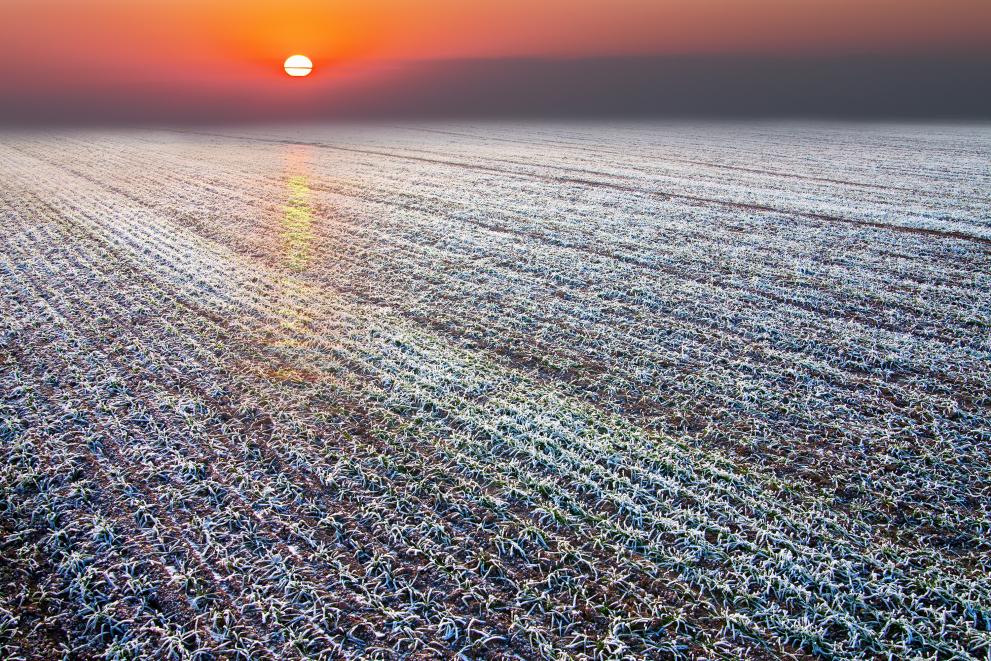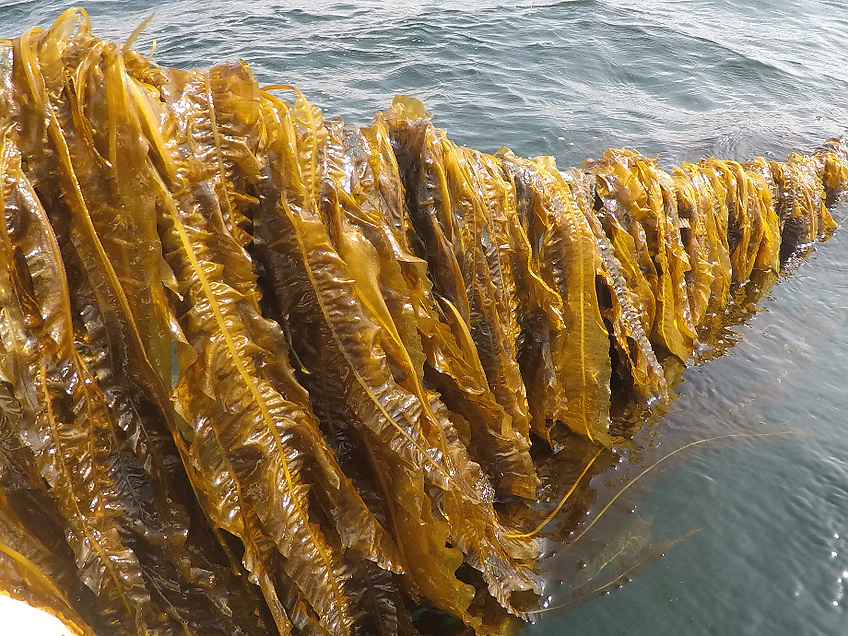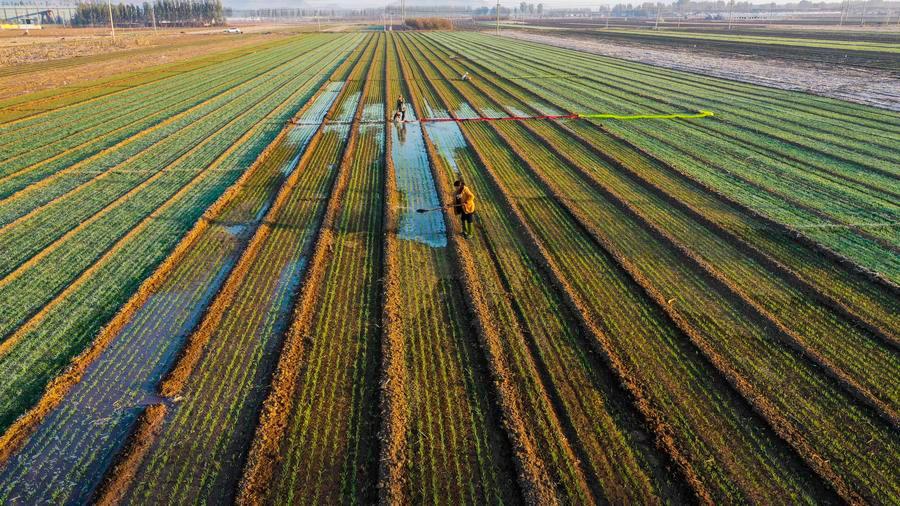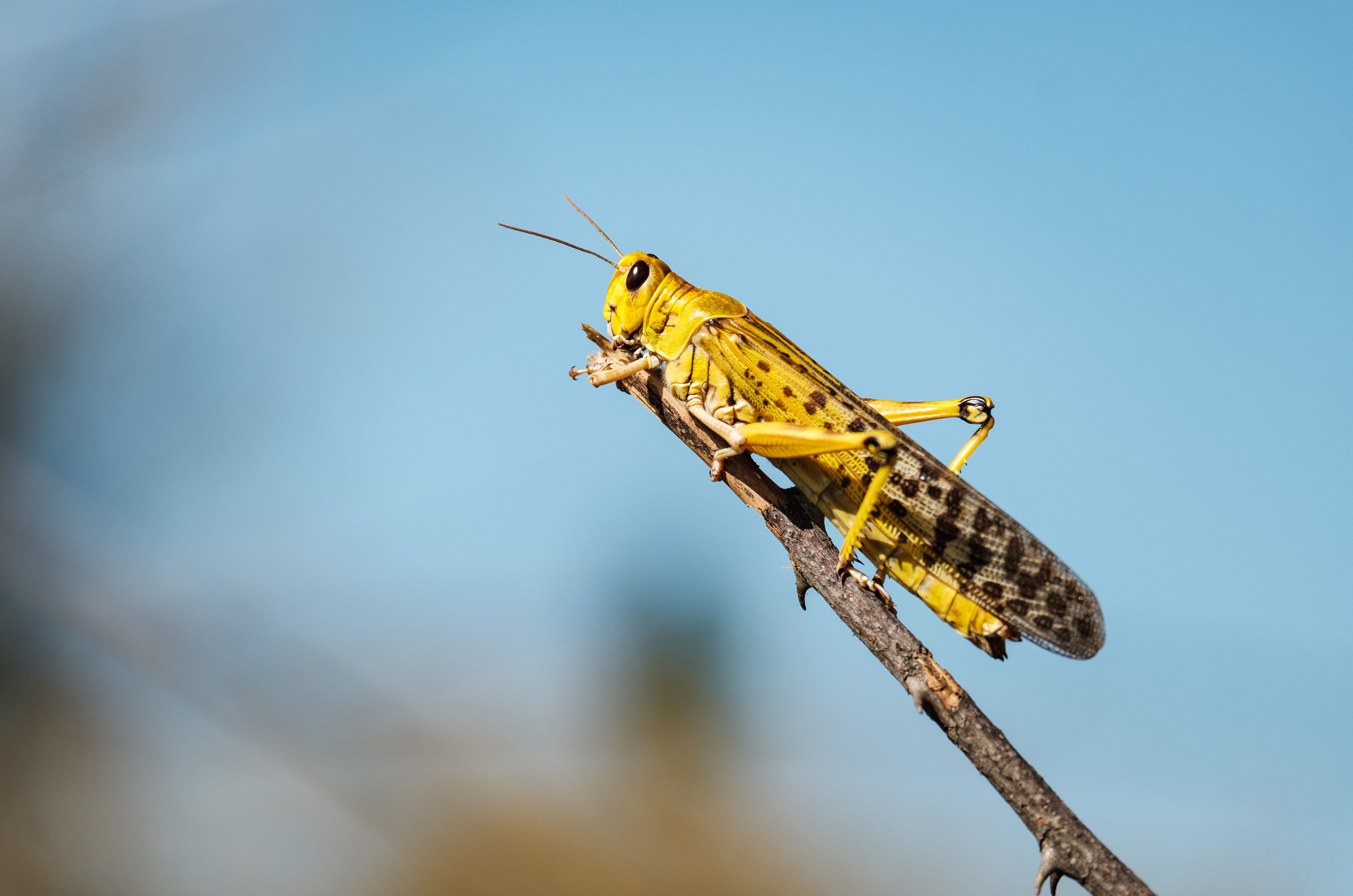Findings from a recent study conducted in Assam suggest that bats can have a positive impact on rice ecosystems. In the study, conducted over the Sali (winter) rice season of 2019, insectivorous bats were found to help reduce damage to rice crops by suppressing pests, thus protecting yield.
“There is no doubt that bats are incredibly important to agricultural landscapes. I hope that in the next few years we can get to a more definite answer as to exactly what their economic value is in Indian agriculture,” says Iqbal Bhalla, one of the researchers of the study that was published in the journal Agriculture, Ecosystems & Environment.
The Integrated Pest Management (IPM) programme was introduced in India in 1992, to reduce dependence on pesticides in agriculture. It combines the use of biological, cultural and chemical practices to control insect pests in agricultural production. Under the programme, natural predators such as fish, frogs, parasitoids and ducks have been used to control agricultural pests over the years.
In the last decade, bats for pest management have gained traction. Insectivorous bats are generalist eaters. Their diet includes a variety of pests, including those that damage crops. They can thus suppress resident pest populations, and act as a buffer against sudden outbreaks or the invasion of new pest species. “Their diet is also complemented by their high mobility. It allows them to change foraging grounds and survive on different prey when crop pests are not available. They can also help limit the spread of disease by reducing the number of disease vectors, such as mosquitoes and flies,” says Hitesh Jha, an independent wildlife biologist studying bats in Maharashtra.
“In my experience, most farmers have an incredibly intuitive understanding of agricultural ecosystems. Every farmer I spoke to was well aware of the value of birds and bats as pest control agents. An interesting method of biological pest control I saw in the fields of Assam is the placement of thin branches into the ground at regular intervals in rice fields. These branches provided insectivorous birds (mainly swallows) places to rest, thereby encouraging them to go further into the field and catch insects,” says Bhalla.
Bats limit damage by pests
The recent study was conducted in the rice fields of Puthimari, a village in the Sonitpur district of Assam. Rice is a major crop in the state, grown on 2.54 million hectares of land.
“I chose rice because of its economic importance to the country. I wanted an area where rice was grown in conditions similar to others in the state, to make generalisations more accurate,” says Bhalla.
The particular location was chosen because the fields to the east of the village were large and uninterrupted and offered sites that were identical in management strategy, set approximately 100m from each other. The study accounted for the insectivorous bat community as a whole, in part because the researchers didn’t know which species they would find on field, and in part because their study was based on acoustic analyses and lacked a library that matched bat calls to specific species. “We could only classify the bat calls we recorded to what is known as an acoustic sonotype. That being said, we know for a fact that we recorded the greater false vampire bat, the greater Asiatic yellow bat, and the lesser Asiatic yellow bat,” says Bhalla.
Using six sets of paired experimental and control plots (of which five were analysed), where bats were selectively excluded from the experimental plots, the researchers collected two measures of plant damage and one measure of total yield to assess the impact of bat presence on the crop. In parallel, bat activity at the six sites was recorded over the rice growing season using passive acoustic recorders.
The results show that the exclusion of insectivorous bats causes an increase in the degree of defoliation in the rice crop. The general trend in activity levels and the significant difference in plant damage also strongly suggests that bats suppress pest action in rice fields. “They do limit damage done by pests to the rice crop, though we could not prove that they improve yield outright,” says Bhalla.
Habitat protection around rice fields important
There are over 1,400 bat species worldwide, of which over a third are threatened, according to the International Union for Conservation of Nature (IUCN). Habitat loss is one of the main reasons for a decline in bat populations.
Given that rice fields are ‘open’ habitats — they have no trees for bats to roost in, or along which bats can hunt — most bats prefer hunting only near the edges in forested and semi-forested areas around rice fields. Destruction to these areas can directly impact bats. “It’s also worth noting that only two of India’s 128 bat species, Wroughton’s free-tailed bat and Salim Ali’s fruit bat, are protected by law,” says Jha.
Greater legal protection and funding for studies focusing on bat ecology would go a long way in understanding and conserving these mammals. Especially, since researchers of the study also believe that the findings are very likely to be similar across crop types — that bats are ‘lunarphobic’ (less active on bright, moonlit nights because of predators like owls), that bats track insects (and pest insects), bat population growth patterns (which often follows crop maturity), that urban areas disturb bats, and that forested and semi-forested areas are needed to sustain and grow bat populations.
“Although, bats can be extremely specialised to specific habitat conditions. If we moved from a seasonal crop like rice to a perennial agroforestry coffee plantation, we are likely to see very different patterns in bat behaviour,” says Bhalla.
Source - https://india.mongabay.com


